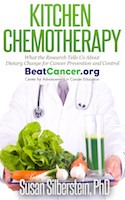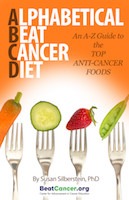What’s the Best Water to Drink?
February 11, 2012 | Author: Susan Silberstein PhD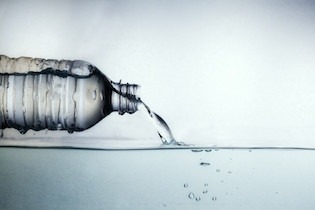
We all know that water should be a staple in our everyday diets. While you may think that water is just water, the fact is that where water comes from, its alkalinity, and its amount of oxygenation all play a role in determining just how beneficial the water you’re drinking may be.
So, what’s the best water to drink? Is it reverse osmosis? Distilled? Ionized? Deep artesian well? or High mountain spring? The answer depends on a few factors, including:
1. All are far superior to tap water.
2. Any water is better than no water.
3. It depends on what you’re looking for.
Besides simple access to drinkable water (an increasingly scarce commodity worldwide), purity is the #1 concern of water consumers. However, avoidance of contaminants is only half of the water issue: Improved health is the other.
As specialists in cancer prevention education for over 30 years, we at BeatCancer.org are constantly teaching people about the health benefits of water. Quality hydration is one of the most important aspects of any wellness program — whether for sports performance, optimal weight and energy, or disease protection.
Our bodies are about 70% water, and we should be consuming at least half our weight in ounces of pure water daily. Water transports nutrients required for cell metabolism and removes waste substances that can damage cells. It helps flush the eliminatory organs, preventing chemicals and other toxins from accumulating in the body. Most of us are chronically dehydrated because we drink too little water, consume dehydrating beverages like coffee and soda, eat foods with no water content (i.e., too few fruits and vegetables), and/or lose liters of water daily through vigorous exercise and normal body functions.
The quality of the water we drink is as important as the quantity of water. Other than purity, there are three important properties of healthful water: oxygenation / antioxidant potential, micro-clustering, and alkalinity.
When water has been ionized, it is more alkaline, contains a higher oxygen to hydrogen ratio than normal H2O, has extra electrons (a healthful negative charge), and contains millions of natural antioxidant bubbles called hydroxyl ions, which are free radical scavengers. Negative ORP (Oxidation-Reduction Potential), characteristic of ionized water and fresh uncooked foods, is beneficial to our body in that it decreases oxidation and aging. Positive ORP, found in tap water, some bottled waters, and cooked foods, increases oxidation.
Water molecules come in clusters rather than single molecules. Tap water has very large clusters of molecules, whereas research has demonstrated that the ideal size for water to get into our cells is under six clustered molecules. Because the ionization process breaks the electrical bonding of water molecules and restructures the water down to smaller clusters, the resulting micro-clustered water is more easily absorbed into the cells, thereby providing superior cellular hydration and detoxification.
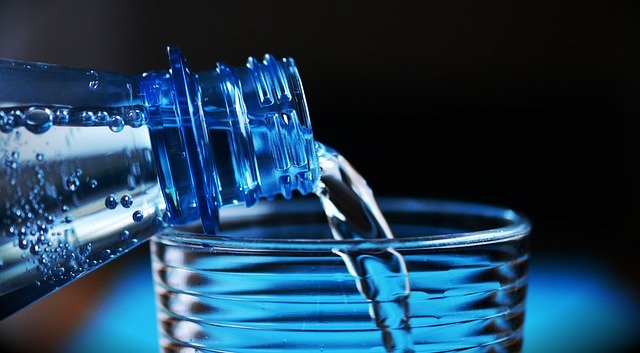
Image by congerdesign from Pixabay
Water is the most crucial factor in establishing and maintaining proper acid-alkaline balance. pH (Potential Hydrogen) is a measure of relative acidity or alkalinity, with 0 at the extreme acid end of the scale and 14 at the extreme alkaline end. The bloodstream seeks to maintain a consistent pH balance of 7.3 or 7.4, but poor quality diet, stress, environmental toxins, and medications can cause our metabolic pH to become too acidic.
Because disease thrives in acidosis, drinking alkaline water is the fastest way to positively impact health and eradicate inflammation caused by excess acidity. High pH water (about 9.5) can alkalize the body at the cellular level and help the bloodstream maintain its appropriate pH. This, in turn, helps to increase energy, improve sleep, reduce pain, eliminate acid reflux, normalize blood pressure and weight, and resist disease.
Some fascinating Japanese research with 40,000 chickens illustrates the health benefits of alkaline water. All received the same feed, but one group was given regular groundwater and the other group mineral alkaline water.
After one month, the mortality rate of the chicks on the alkaline water was one-eighth the rate of the regular water group. After two months on the alkaline water, diabetic animals demonstrated a 34% reduction in blood sugar levels as compared with the regular water group; also noted were drops in cholesterol values.
Most impressive were the cancer results. After only 15 days, the number, size and weight of cancerous tumors were 50% lower in the alkaline water group than they were in the regular water group (McMillan FD, J Am Vet Med Assoc 1999; 215(7):992-9).
How Alkaline Water Can Help with Cancer Treatment
High alkalinity and high oxygen are two factors of particular interest to us in our cancer work. Research has shown that the best way to prevent cancer or to keep it from recurring is to provide an inhospitable environment in which cancer cells cannot grow.
Nobel prize winner Dr. Otto Warburg showed that cancer thrives in a low oxygen, highly acidic environment. Oxygen destroys cancer cells as well as bacterial and viral invaders. Alkaline ionized water helps increase the level of oxygen in the body by enabling more oxygen to attach to hemoglobin binding sites in the blood.
Water with a higher pH level not only counteracts the acid within the bloodstream, it’s also been linked to an increased ability to absorb vital nutrients while also offering a metabolism boost. It’s thought that, by drinking alkaline water, the body’s pH will become less acidic, which, in turn, all but starves cancer cells. When cancerous cells have nothing to feed on, they’re unable to grow or replicate. While water alone isn’t a holistic cancer treatment, making effective dietary changes can have a huge impact on one’s susceptibility to cancer and its recurrence.
Ionized mineral alkaline water acts as a conductor of electrochemical activity from cell to cell. It can help the body resist disease and slow aging by increasing intracellular hydration, replenishing essential minerals, and protecting cells from free radical damage. However, not everyone wants to purchase an ionizer. For convenience and accessibility, bottled water is still in high demand—but which brand is best?
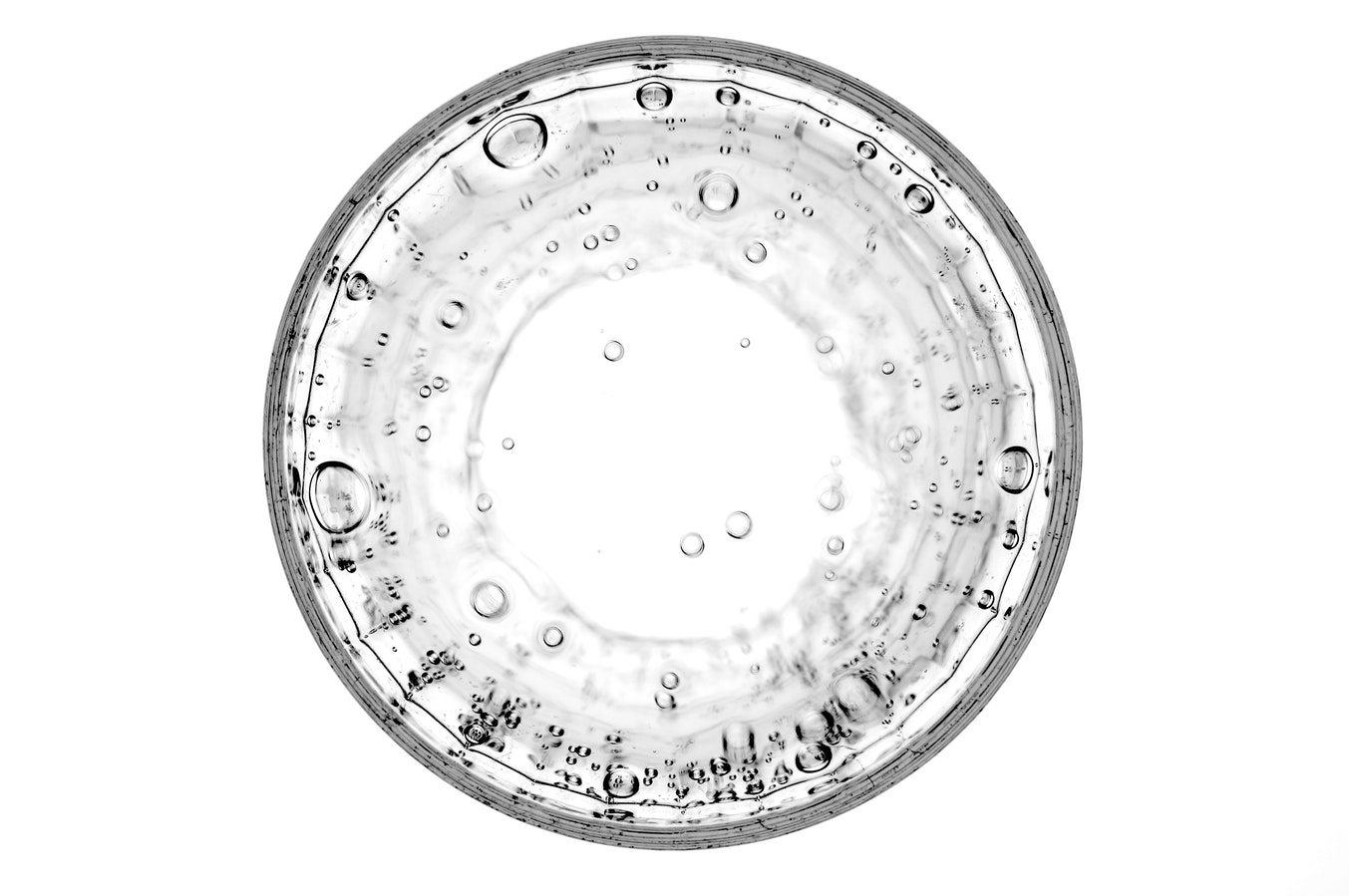
Tips for Drinking Alkaline Water
There are at least eight factors to take into account before answering that question, including the water’s source, purity, pH, oxygenation, hydration, bottle, taste, and cost. Many brands score high in some areas but low in others. However, very few, if any, score high in all areas.
It’s important to note that you shouldn’t drink alkaline water at all meal times. Drinking too much alkaline water while eating can have a negative effect on your body’s ability to digest food. Be sure to take note of any side effects that you experience after drinking more alkaline water, such as nausea, vomiting, and even muscle twitches.
One of the simplest ways to increase the alkalinity of your water is to add a squeeze of lemon or lime. Be sure to use distilled water that’s less likely to have any additives. Adding citrus fruit not only makes water more alkaline, it also gives it a nice flavor that makes it much easier to drink the amount of water you need each day.
As an alternative, you may wish to consider treating your own water to optimize alkalinity, purity, and antioxidant protection with products from Vitev.com . The company offers high-quality systems at a very reasonable price, plus they will give our clients a 20% discount (enter coupon code beatcancer when ordering) and free shipping if you are in the US. Read more here.
We recommend you consider getting the countertop Ripple (9.5 pH, reverse osmosis filtration, plus remineralization) – list price $495 minus your discount. You can order over the phone with the same discount code and also ask questions at 1-855-456-9220.
You can learn more about alkaline water and other nutrients that are right for you through our individualized counseling and support center.
Join the conversation on the “Ask Holistic Cancer Coach Facebook Group.”




